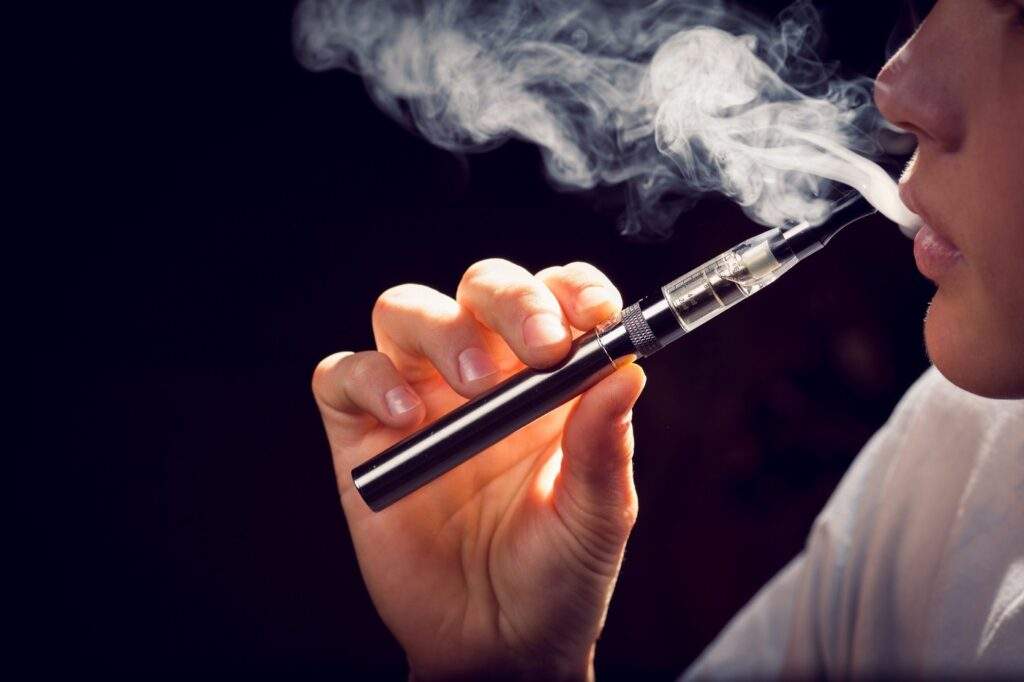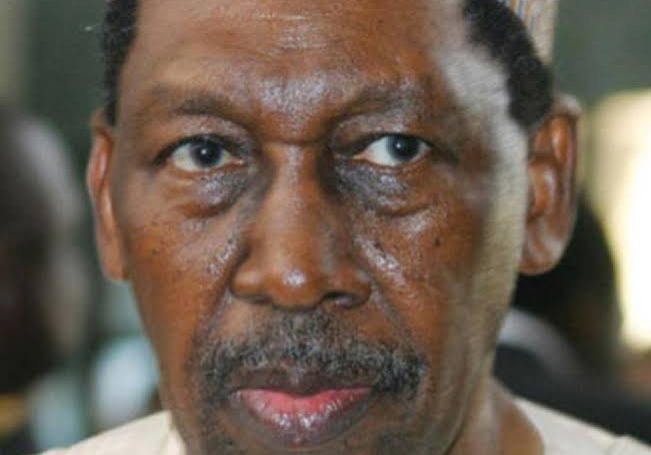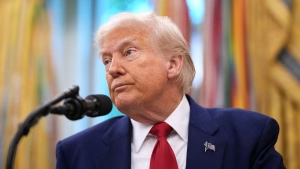The World Health Organization (WHO) has sounded the alarm, accusing the tobacco industry of disseminating misinformation and targeting young recruits in their marketing of e-cigarettes. WHO’s chief, Tedros Adhanom Ghebreyesus, cautioned that the industry is funding and promoting false evidence to support the notion that e-cigarettes mitigate harm, advocating for more stringent regulations on these products.
WHO is urging countries to adopt measures to make e-cigarettes less appealing, such as banning flavors, reducing nicotine levels, and imposing taxes on these products. Despite being portrayed by tobacco companies as a safer alternative to traditional cigarettes, WHO emphasizes that electric nicotine vaporizers also emit toxic substances linked to cancer and heightened cardiovascular disease risks.
Furthermore, WHO highlights the potential harm to unborn children and the detrimental impact on the cognitive development of underage consumers. The organization notes with concern that e-cigarette usage among 13 to 15-year-olds surpasses that of adults across all WHO regions. Disturbingly, rates of e-cigarette use among teens aged 16 to 19 in Canada have doubled between 2017 and 2022, with a tripling of young users in England over the past three years.
According to WHO, e-cigarettes are not a viable substitute for reducing tobacco consumption; in fact, they are more likely to lead users to traditional cigarettes due to their addictive nature. This revelation underscores the urgent need for comprehensive and decisive action to combat the proliferation of e-cigarette misinformation perpetuated by the tobacco industry.
By reshaping the existing article, it has been enhanced to resonate with a global audience, employing a conversational yet informative tone to bridge cultural divides and foster a comprehensive understanding of the issue. Furthermore, the article has been optimized for search engines, ensuring heightened visibility among a diverse readership.









